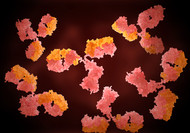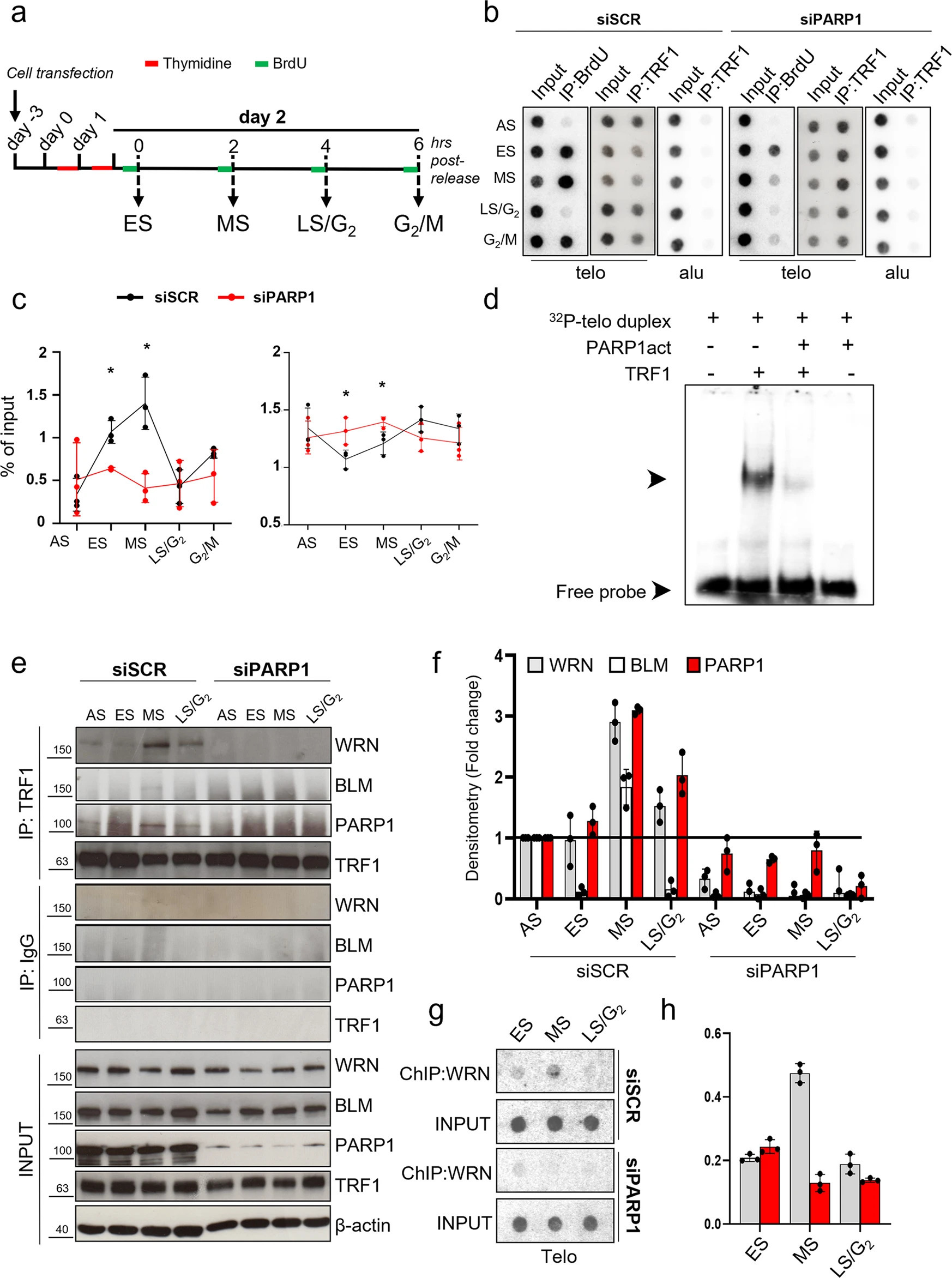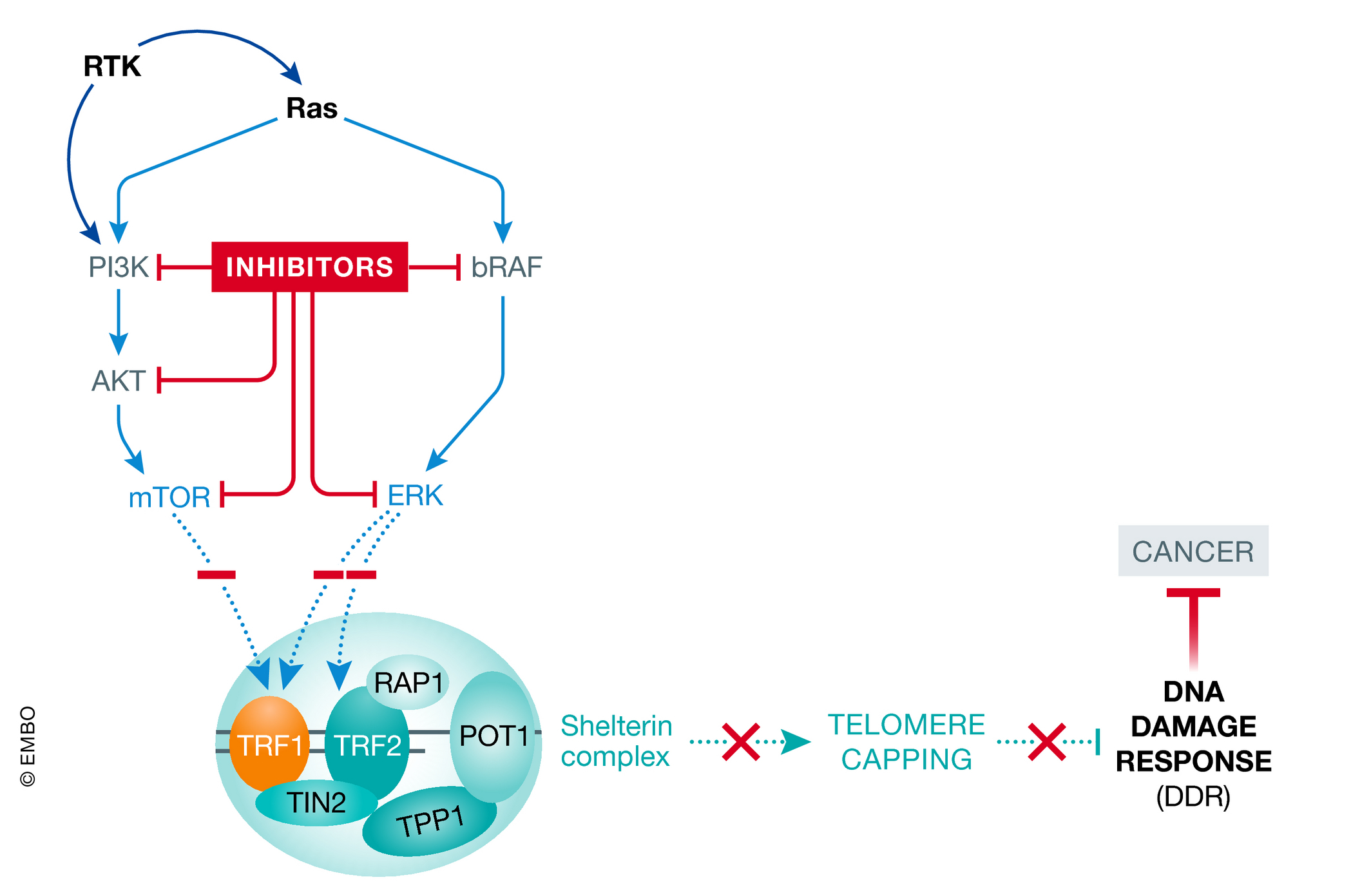TRF1 Antibody: A Key Tool in Telomere Research
Posted by Lieven Gevaert on 9th Sep 2025
TRF1 Antibody: Exploring the Gatekeepers of Chromosome Integrity
Telomeres, the protective caps at the ends of chromosomes, are crucial for maintaining genome stability. They prevent chromosomes from fusing or degrading, and ensure proper replication during cell division. TRF1 (Telomeric Repeat-binding Factor 1) is a central component of the shelterin complex, a group of proteins that binds specifically to telomeric DNA. TRF1 regulates telomere length, maintains structural integrity, and coordinates cellular responses to DNA damage. Its function is critical: without proper TRF1 activity, telomeres shorten too quickly or become dysfunctional, leading to genomic instability, premature cell senescence, or uncontrolled proliferation processes that underlie cancer and age-related diseases.
TRF1 antibodies are specialized research tools designed to detect and study this protein. By binding specifically to TRF1, these antibodies allow scientists to visualize telomeres, quantify protein expression, and probe molecular interactions. The ability to target TRF1 precisely is invaluable in molecular and cellular biology research, enabling studies of telomere dynamics in normal, stressed, or diseased cells.
Diving into Telomere Biology with TRF1 Antibodies
Telomeres are not static structures; they are highly dynamic, responding to cellular stress, DNA damage, and replication challenges. TRF1 acts as a gatekeeper, regulating telomere elongation by telomerase and preventing inappropriate DNA repair at chromosome ends. TRF1 antibodies enable researchers to study how telomeres change during cell division, stress conditions, or disease progression.
For example, immunofluorescence assays using TRF1 antibodies reveal the spatial distribution of TRF1 along telomeres, providing insights into structural changes or clustering events. Western blotting allows measurement of TRF1 protein levels under different treatments, helping researchers understand how drugs or genetic modifications affect telomere maintenance. Chromatin immunoprecipitation (ChIP) studies reveal where TRF1 binds along the genome, identifying critical regulatory interactions that maintain chromosomal integrity.
PARP1 inhibition perturbs DNA synthesis and TRF1 dynamics at telomeres in S-phase.
TRF1 in Cancer Research and Therapeutics
Dysregulated TRF1 expression is frequently observed in cancers. Overexpression can help tumor cells maintain telomere length, supporting unlimited replication, while loss of TRF1 function can lead to chromosomal instability another hallmark of malignancy. By using TRF1 antibodies, scientists can detect these abnormalities, study their molecular consequences, and identify potential therapeutic targets.
Emerging research suggests that modulating TRF1 activity could form the basis of novel cancer therapies. Drugs that interfere with TRF1 function may selectively destabilize telomeres in cancer cells, inducing senescence or apoptosis while leaving normal cells largely unaffected. TRF1 antibodies are essential in these studies, as they allow precise monitoring of protein levels, localization, and interactions during drug testing.
TRF1 Beyond Cancer: Aging and Disease Applications
TRF1 function is also closely linked to cellular aging. As cells divide, telomeres naturally shorten, eventually triggering senescence or apoptosis. TRF1 antibodies help researchers explore how telomere dynamics change in aging tissues and how interventions such as telomerase activation or lifestyle factors might influence these processes.
Additionally, telomere dysfunction is implicated in degenerative diseases, cardiovascular disorders, and immune system decline. By tracking TRF1 activity using specific antibodies, scientists can gain insights into disease mechanisms, identify biomarkers for early detection, and evaluate potential interventions that preserve telomere integrity.
Choosing and Using TRF1 Antibodies Effectively
Not all TRF1 antibodies are created equal. Effective research requires antibodies that are well-validated for specific applications, such as Western blotting or immunofluorescence. Researchers must consider factors like species reactivity, binding affinity, and validation data to ensure reproducible, accurate results. High-quality antibodies are particularly important when studying subtle changes in telomere dynamics, where small variations in protein localization or expression can have profound biological implications.
TRF1 Antibodies as a Window into Cellular Lifespan
TRF1 antibodies are far more than just laboratory tools they serve as a critical gateway to understanding the intricate processes that maintain genome stability, regulate cellular lifespan, and influence the onset and progression of diseases. Telomeres, which cap the ends of chromosomes, play a central role in protecting genetic material, and TRF1 is a key protein that orchestrates their structure and function. By targeting TRF1, these antibodies allow researchers to observe, quantify, and manipulate telomere dynamics with unparalleled precision, providing insights into how cells age, respond to stress, and avoid genomic errors that can lead to cancer or degenerative conditions.
Beyond their basic research applications, TRF1 antibodies are instrumental in translational science. They enable scientists to identify potential biomarkers for disease, track the effects of experimental treatments, and study protein interactions that regulate chromosomal integrity. This knowledge not only deepens our understanding of fundamental biology but also informs the development of novel therapeutic strategies aimed at preventing or treating age-related disorders, cancer, and other telomere-associated diseases.
As the field of telomere biology continues to advance, TRF1 antibodies remain at the forefront of innovation, bridging the gap between molecular research and clinical applications. Their use empowers researchers to explore previously inaccessible aspects of chromosome biology, unlocking the molecular secrets that govern cellular life and opening new avenues for precision medicine. By providing a window into the core mechanisms of genome maintenance, TRF1 antibodies are helping to transform both scientific discovery and patient care.




